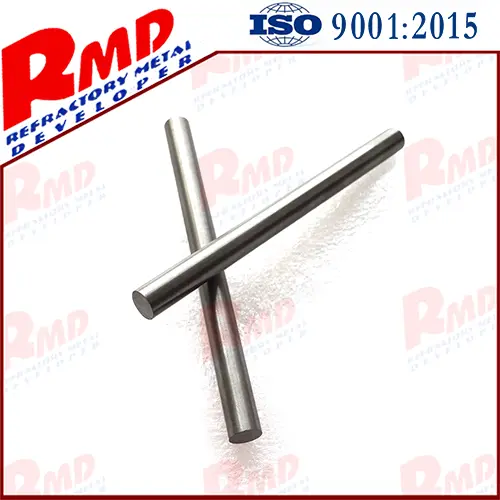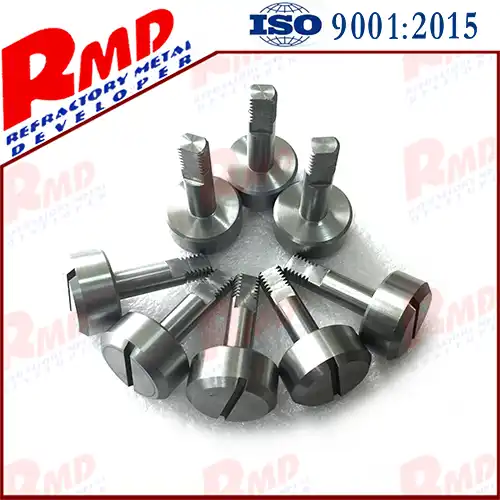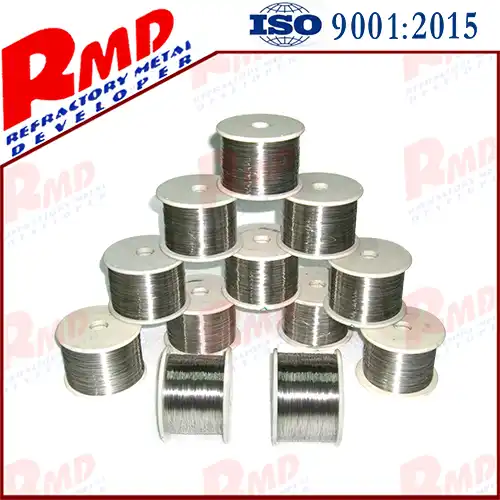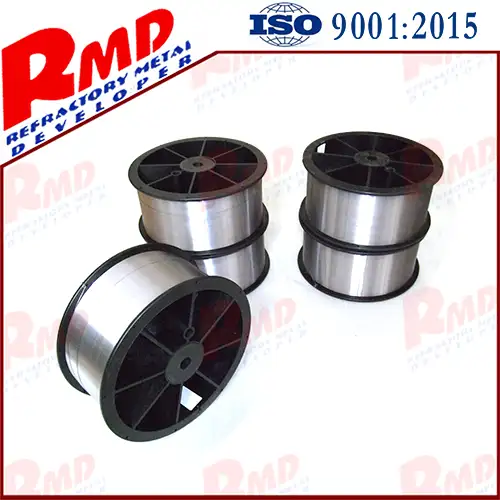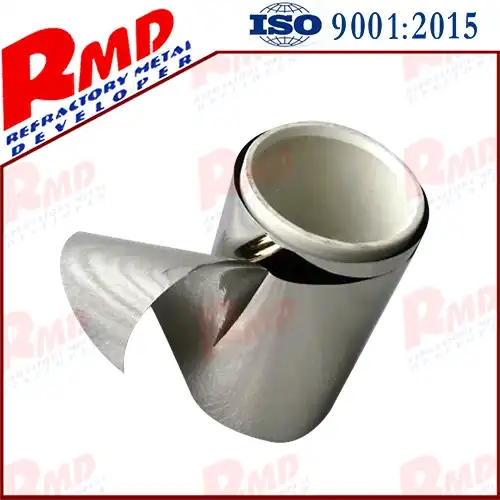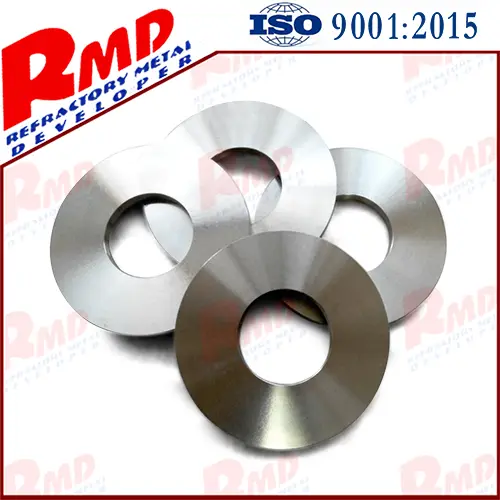- English
- French
- German
- Portuguese
- Spanish
- Russian
- Japanese
- Korean
- Arabic
- Greek
- German
- Turkish
- Italian
- Danish
- Romanian
- Indonesian
- Czech
- Afrikaans
- Swedish
- Polish
- Basque
- Catalan
- Esperanto
- Hindi
- Lao
- Albanian
- Amharic
- Armenian
- Azerbaijani
- Belarusian
- Bengali
- Bosnian
- Bulgarian
- Cebuano
- Chichewa
- Corsican
- Croatian
- Dutch
- Estonian
- Filipino
- Finnish
- Frisian
- Galician
- Georgian
- Gujarati
- Haitian
- Hausa
- Hawaiian
- Hebrew
- Hmong
- Hungarian
- Icelandic
- Igbo
- Javanese
- Kannada
- Kazakh
- Khmer
- Kurdish
- Kyrgyz
- Latin
- Latvian
- Lithuanian
- Luxembou..
- Macedonian
- Malagasy
- Malay
- Malayalam
- Maltese
- Maori
- Marathi
- Mongolian
- Burmese
- Nepali
- Norwegian
- Pashto
- Persian
- Punjabi
- Serbian
- Sesotho
- Sinhala
- Slovak
- Slovenian
- Somali
- Samoan
- Scots Gaelic
- Shona
- Sindhi
- Sundanese
- Swahili
- Tajik
- Tamil
- Telugu
- Thai
- Ukrainian
- Urdu
- Uzbek
- Vietnamese
- Welsh
- Xhosa
- Yiddish
- Yoruba
- Zulu
Niobium Use And Application
2024-01-05 18:00:06
Niobium Use and Application
Metal industry
About 85% to 90% of the world's niobium is used in the form of iron niobium for steel production. Only 0.03% to 0.05% of niobium can be added to the steel to increase the yield strength of the steel by more than 30%. Niobium can also achieve the dispersion distribution of precipitates by inducing precipitation and controlling the cooling rate, and adjusting the toughness level of steel in a wide range. Therefore, the addition of niobium in steel can not only improve the strength of steel, but also improve the toughness, high temperature oxidation resistance and corrosion resistance of steel, reduce the brittle transition temperature of steel, and make steel have good welding performance and molding performance.
Superconducting material industry
Certain compounds and alloys of niobium have high superconducting transition temperatures and are therefore widely used in the manufacture of various industrial superconductors such as superconducting generators, accelerator high power magnets, superconducting magnetic energy storage devices, nuclear magnetic resonance imaging equipment, etc. . At present, the most important superconductor materials are bismuth-titanium and bismuth-tin, which are widely used in medical diagnostic magnetic resonance imagers and nuclear magnetic resonance instruments for spectral lines (analysis).
Aerospace industry
The aerospace industry is the main application area of high-purity germanium, mainly used in the production of rockets, spacecraft engines and heat-resistant components. Tantalum and niobium heat-strength alloys have good heat resistance, heat resistance and processing properties, and are widely used in the manufacture of components for aero-engines and blades for gas turbines. In most heat fighters in the United States, the hot parts of the engine are made of niobium alloy.
Atomic energy industry
It has a good thermal conductivity, high melting point, good corrosion resistance and low neutron capture cross section. It is a material that is very suitable for atomic energy reactors. The main uses of the atomic energy industry include: cladding materials for nuclear fuel, alloys for nuclear fuel, and structural materials for heat exchangers in nuclear reactors.
Electronics industry
Citrate ceramics can be used to make capacitors. Compounds such as lithium niobate and potassium citrate are novel crystals for optoelectronics and electronics. They have good piezoelectric, thermoelectric and optical properties and are widely used in infrared and laser technologies. In the electronics industry. In addition, germanium has a high melting point, strong electron-emitting ability, and gas absorption capacity, which can be used to make electron tubes and other electric vacuum devices.
Medical field
It has good anti-physiological and biocompatibility, does not interact with various liquid substances in the human body, and hardly damages the organism's body tissues. It can be adapted to any sterilization method and is often used. Manufacture of bone plates, skull plate bone screws, implant roots, surgical instruments, and the like.
